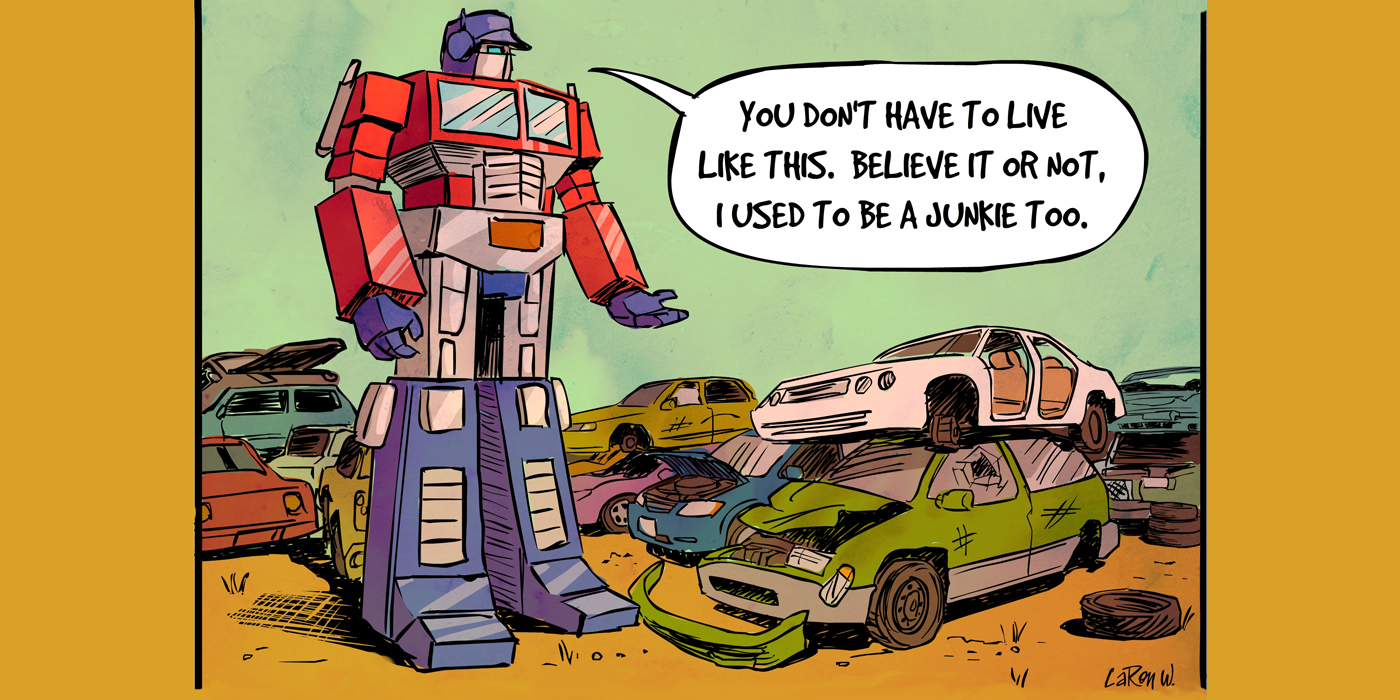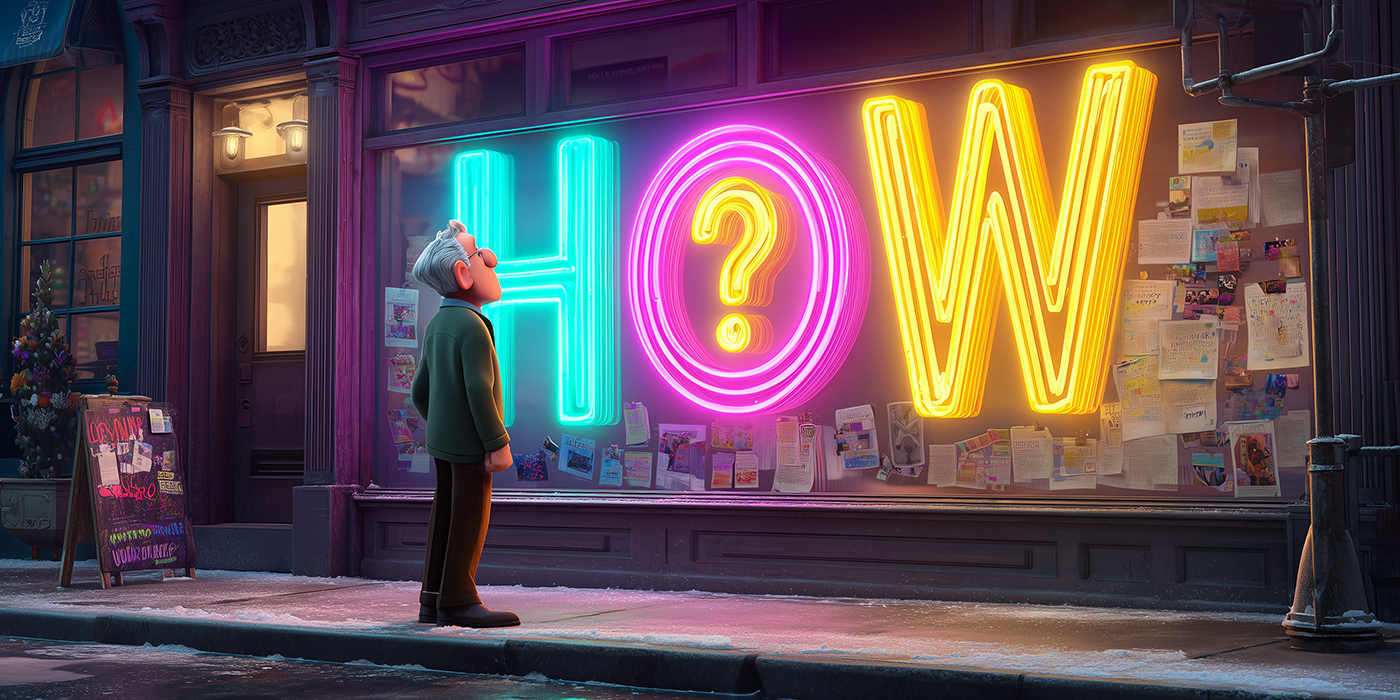
I came to SA in 2008. Up until that point, my life had been a succession of compulsive masturbation, pornography, voyeurism, exhibitionism, and countless stealthy contacts or one-night-stands with other men. The only experience of connection was a 20+ year abusive relationship with an alcoholic man.
When I first read SA’s Sobriety Definition (SD), I was disappointed, because I felt different. I was still defining myself as gay, though there was nothing cheerful about my condition. Even if I couldn’t identify with what the SD was suggesting, two little words drew my attention.
The first word was “freedom.” The promise of the SD is “freedom from sex of any kind.” That was a challenging idea, because the pursuit of compulsive sex had always been my main drive and given me the illusion of freedom. I was unable to imagine life without it and I was certainly not aware of the slavery condition I’d put myself in.
The second word was this concept of ‘lust.’ That was the missing piece of the puzzle. I had vainly tried to stop my sexual acting-out and its consequences, but it never dawned on me that ‘drinking’ lust preceded and resulted in the acting-out binges. Scanning real or virtual people only led to more scanning, but it never satisfied my need to connect with them.
I clearly wasn’t thrilled by the SA solution, but I decided to give it a go because the problem – dying from acting-out – seemed worse. I took a British sponsor, worked the Steps and began sponsoring others. Things started to change slowly, but a few roadblocks crossed my path. One of them was the concept of a Higher Power and another was my homosexuality. With the help of an American SA member, there was a breakthrough in both at the same time, and I had a spiritual experience. I asked God to be relieved of my obsession to find a relationship, and the next morning I was freed of it. Unfortunately, I would need a few more years to accept letting go of lust. This attitude left me feeling lonely, useless and afraid.
In 2014 I was asked to write my story for the ESSAY Magazine. Looking back, I can see how self-centered and problem-directed that attempt was. I was in denial and preparing for a relapse, which started in December 2013 and culminated in April 2014. I was depressed and suicidal. I couldn’t live with or without lust anymore. The game was over, yet I had no idea how to crawl back to recovery.
A friend suggested I see a therapist and ask for an antidepressant, which I did. Coming to rest mentally, I happened to read again the beginning of Chapter 5 in the Big Book (BB). This time the word ‘honesty’ hit me with the force of a lightning bolt. That was exactly what I was lacking! Never in my life had I been rigorously honest. I had been lying to my family, friends and colleagues, but also to my sponsor, my fellows, myself, and God. Until then, lying was more natural to me than breathing. Now I chose to become entirely honest and the results were immediate; serenity, emotional stability and connection with my SA fellows.
In sobriety, I decided to take a new look at the SD. It provides me with a safe haven, in which I can be myself as I am and not as the outside world seems to identify me. Accepting the SD and living according to it, has turned my life completely upside down in the following ways:
1. Looking at it from the outside, the most spectacular change is obviously what I like to call my “coming in.” At the end of my adolescence, I “came out” and embraced the gay lifestyle. I went for it all the way, but it never seemed to match with who I really am. I was often disgusted by my sexual activities, but lust kept me going back anyway. The moment I withdrew entirely from the gay world, another door opened as if unlocked. I became available for women, and on a pilgrimage of my faith tradition I met the one who would become my wife. Through her, I am now a grandfather for 3 wonderful little girls. I am still sexually triggered by men, but now I understand this same-sex attraction as a manifestation of my sexaholic disease.
2. For me personally, the most breathtaking change is my spiritual growth. I had always been an agnostic. I accepted the idea that some intelligent design created the universe, but it didn’t have any other interest in its creation. Today, I believe in a loving God who cares for me and grants me the grace of recovery one day at the time. I have come back to the religion of my childhood, which happens to have the same opinion on sexuality as our SD.
3. I used to blame my parents for everything that went wrong in my life. My father was an absent alcoholic and my mother suffered from rage, depression and a nervous condition. Looking honestly at my own part and making amends to them, I cleared the way to mutual forgiveness. When I resumed contact, their financial situation had collapsed, and I was able to help them get through this particularly difficult time.
4. I have always been rather rigid, physically and socially. Nowadays I’m able to enjoy life and have fun with things like hiking, biking, camping or dancing.
5. For over 40 years I have been suffering from acid digestion and a chaotic bowel movement, which led to an undereating disorder. In SA, I found the force to face the way I was self-medicating. With the help of a dietician, I put on 15 kgs (33 lbs) of weight and I changed my eating habits.
6. Self-centeredness and codependency are some of my main character defects. Doing service in my faith tradition and in SA proved to be a perfect antidote and helped me grow socially and spiritually.
None of these profound changes would have been possible without the clarity and simplicity of our SD. As long as I abstain from lust and remain faithful to my wedding vows, I don’t have to go back to the shame and suffering from the past, one day at the time. I’m free from the labels the society I live in would like me to conform to. I’m definitely different from the person I used to be, and what an incredible gift that is.
Jean V., Belgium






